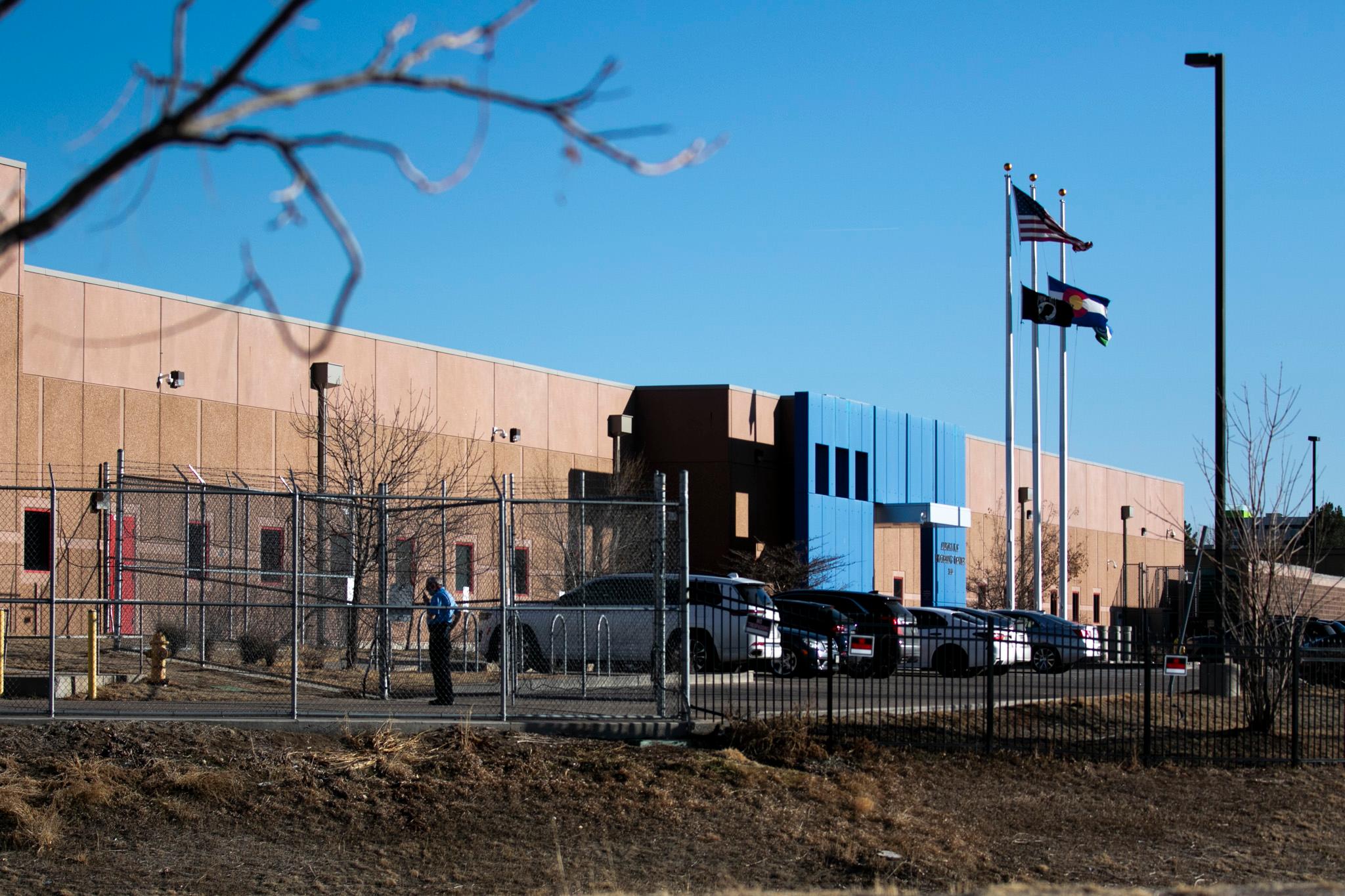
The Colorado State Treasurer is essentially the CFO of Colorado. While the treasurer has no role in setting spending priorities or making tax policy, this big multi-pronged job rolls together the duties of banker, accountant and investment advisor for the state.
As head of the Department of Treasury, the treasurer must manage more than 100 accounts for dozens of state agencies. The position also manages $6.5 billion in 750 separate investment funds. And, in perhaps the office’s most public-facing role, the treasurer has the tricky job of dealing with hundreds of millions of dollars in unclaimed assets. These are bank accounts, stocks, refunds, life insurance payouts, and the contents of safety deposit boxes that Coloradans have forgotten about. It is the treasurer’s job to try to get those assets back in the proper hands.
What the treasurer cannot do is make decisions on how to spend the state’s money based on personal ideology, for example, refusing to pay for state programs that deal with climate change or withholding investments from companies whose policies they disagree with.
Coloradans will be selecting a treasurer in the general election – either Democrat Dave Young, who has been in the job for nearly four years, or Republican challenger Lang Sias. The two men served together in the state legislature and have said they are personally friendly, but disagree about how the state’s ‘bank’ should be run.
Dave Young (Democrat)
Before Dave Young was elected Colorado State Treasurer in 2018, he had worked as a junior high teacher for 25 years and served in the Colorado Legislature for eight years, representing the district that surrounds Greeley.
As treasurer, Young had the daunting task of managing a state’s dollars during the pandemic as revenues tanked, but businesses around Colorado needed the state’s financial help to pull through a time of shutdowns.
Young helped to establish a program called CLIMBER that is distributing $250 million in working capital loans to small businesses that were stable before COVID-19 hit, but are now struggling. One of his three top priorities if he is re-elected is to continue that program.
Young is also prioritizing a pilot effort he oversees called the Colorado SecureSavings Program. SecureSavings, which was created by Democratic state lawmakers, will eventually require most companies that don’t currently provide their employees with a retirement plan to join one sponsored by the state. Workers who don’t opt out will be automatically enrolled. Backers say it will provide a way for nearly a million workers in Colorado to save for “a sustainable and dignified retirement.” However, some companies found the early rollout confusing and rife with misinformation.
Another Young priority is to return more than $1 billion in unclaimed property and funds to Coloradans who have forgotten or misplaced assets. A state audit during his first year in office identified significant problems with the program, prompting a number of policy changes. In making his case for reelection, Young points to his success returning $143 million to about 90,000 Colorado residents so far in his first term.
As treasurer, Young also serves as a trustee for the Public Employees Retirement Association (PERA) that provides public sector employees a way to build a nest egg for retirement. In this role, the treasurer helps craft an investment plan that balances risk with the goals of maximizing those employees’ payout.
PERA has come under fire in the past when it fell $32 million into debt before Young’s tenure. A bipartisan 2018 law required the state to shore up PERA by putting $225 million into the fund annually. As a legislator, Young voted against that bill. He has since acknowledged the PERA bill has had positive impacts, but said it still needs to be re-examined.
Earlier this year, Young also participated in efforts to divest Colorado’s public money from Russian companies after the invasion of Ukraine.
Lang Sias (Republican)
Arvada Republican Lang Sias, is an attorney and former fighter pilot who served in the Navy and the Air National Guard. Like his opponent, he also has experience in the Colorado Legislature. He was appointed to fill a seat in the House in 2015 and served until 2019. In 2018, he was the lieutenant governor running mate of then-treasurer Walker Stapleton in his unsuccessful bid for governor.
“I’m running for Colorado State Treasurer because Colorado families and taxpayers deserve a champion for transparency and accountability,” Sias states in his campaign website.
Sias lists fighting inflation as his number one priority – a broad voter-appealing statement in elections that have inflation as a top deciding factor.
It is hard to find differences in how Sias would differ from Young when it comes down to the nitty-gritty level of handling the state’s finances. But Sias argues that electing him would elevate a fiscally conservative voice and would give Republicans a higher profile to push back on the financial policies advanced by the Democrats in other state offices.
Sias states that he is committed to restoring balance to Colorado’s economic leadership – another way of highlighting his opinion that too many Democrats are in control of the state’s financial policies. He has hammered on his belief that the incumbent, Dave Young, has contributed to fiscal problems in the state, including Colorado climbing in the nationwide “least affordable” ratings and suffering inflation that exceeds the national average.
Sias said as Treasurer, he would use his bully pulpit to help Colorado’s policymakers live within their means, just like the state’s families and small businesses must do, and like his family had to do, he has said, while running a small business from a home basement while Sias was growing up.
Sias has also stressed the importance of preserving and protecting the PERA program. While in the legislature, Sias voted for PERA reforms that Young opposed.
Sias touts his bipartisan leanings as evidenced by working across the aisle in the legislature on that pension reform as well as on education and healthcare.
Sias has expressed skepticism about the successfulness of some of the programs Young has championed, including the CLIMBER loan fund for businesses hurt by the pandemic and the SecureSavings program, which will provide state-backed investment accounts for people who don’t have access to them through their employer. However, Sias has said he would not try to end the programs.
Sias has positioned himself as a defender of the Taxpayer Bill of Rights (TABOR), and contrasts his position with Young, who supported Proposition CC, a 2019 ballot measure that would have eliminated TABOR refunds to instead fund education and transportation infrastructure. Voters rejected it by 8 points. Sias and other Republicans have accused Young of playing politics by embracing TABOR refunds this year and moving to send checks out early this summer.
Editor's Note: An earlier version of this story incorrectly stated that Sias served in the Army.









